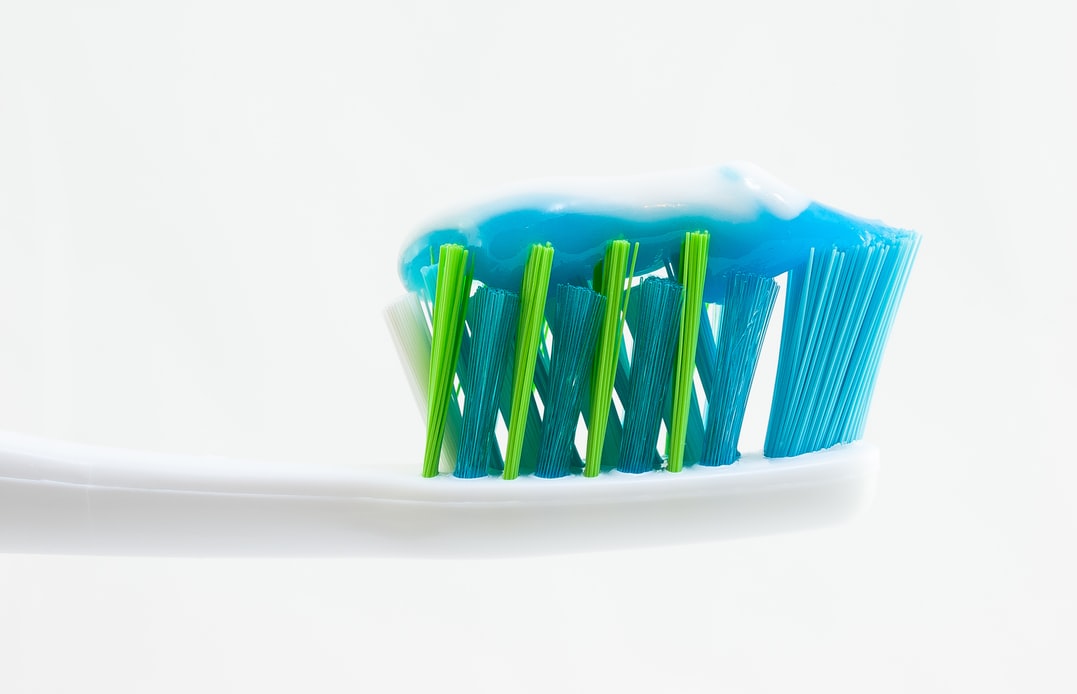Hygiene and dental care from an early age..As parents, we should instill in our children the right attitudes and patterns that apply to all spheres of their lives – both moral and ethical models as well as those related to the proper and healthy diet, hygiene of the whole body and proper dental and gum care.
You should take care of the first teeth and brush them regularly, because such an attitude will not only help protect our children from caries, but also develop positive patterns related to oral cavity and tooth hygiene in adulthood. Thanks to it, our children will have regular visits to dentists’ offices that will not fill them with fear.
- https://www.baciarek.pl/warszawa-autoholowanie/
- https://www.pociemku.pl/dobry-sklep-komputerowy-wybierz-sprzet-do-biura/
- https://www.santmat.pl/buty-trekkingowe-co-to-za-rodzaj-obuwia/
Dentist – it’s not worth avoiding …
A dentist , also known as a dentist, fills many of us with fear. Very often it is associated with some traumatic or painful experience during a visit to his office, as a result of which we are very reluctant to return to the chair. Unfortunately, such a procedure leads to the so-called vicious circle, because the longer we delay visiting a dentist – the more pain we cause. In addition, underestimating the changes that occur in our teeth and gums as well as cavities may consequently lead to much more serious complications or inflammations, and sometimes even to a situation where the dentist will not be able to save the sick tooth .
Therefore, avoiding the dentist does not pay off.
For this reason, children and adolescents should be taught the correct attitudes related to oral and dental hygiene from an early age. They should brush their teeth at least twice a day – with a soft or medium hard brush, depending on the condition and sensitivity of the gums – which will help to avoid the deposition of food residues in the spaces between the teeth and the formation of the so-called plaque – as a result of not removing it, a stone forms on the teeth, which is one of the causes of serious gum diseases such as periodontitis.
The brush we choose can be in both the traditional and electric versions, but in addition to brushing, it is also worth cleaning the interdental spaces with a special dental floss, which is also very useful if we want to avoid the formation of calculus.
Regular visits to the dentist will not only help to keep our teeth and gums in perfect health and in great condition, but also contribute to the early detection of any changes, cavities and abnormalities, and a quick response and treatment will avoid pain and complications that could occur if we waited for a long time with the decision to treat teeth.
How to effectively encourage a child to visit the dentist?
Children are often afraid of the dentist, which may result from the fear and fear of the white coat. The reason for this state of affairs is also on the part of the parents, who unnecessarily scare the child by saying: “If you don’t brush your teeth and eat so many sweets, your teeth will surely fall out.”
Under no circumstances should you speak in a negative way about the dentist, as it may become the cause of further fears and anxieties of our children. Instead, it is better to encourage the child to visit the dentist in order to see her / his “pretty teeth” and check that they are all healthy.
Currently, the dentist very often gives small, brave patients special diplomas for courage and small gifts – which even more encourages the child to visit his office in the future and take care of his teeth.
Teeth treatment without pain – is it possible?
Nowadays, medicine and modern dentistry provide their services at a very high level, therefore, pain-free dental treatment is something common.
The most commonly used anesthesia during tooth treatment are injection methods which involve injecting an appropriate anesthetic into the gum next to the tooth to be treated by a dentist . Only the moment of piercing into the gum, which is also accompanied by a feeling of slight stretching and tingling, becomes painful. However, this kind of pain is comparable to the feeling of a mosquito bite. It is the most popular type of anesthesia used in traditional and root canal treatment of teeth, as well as their removal, i.e. extraction.
Recently, computer anesthesia has become a popular anesthesia, during which the pain-reducing substance is dosed to the patient in an appropriate dose – individually tailored to the needs of each organism – using a special device and injected with a small needle. They are used in modern dental offices most often for the surgical removal of teeth or during procedures within the entire oral cavity.
In addition, it has also become possible to treat and remove teeth under anesthesia – this procedure is practiced in people who are accompanied by a very strong fear of a dentist , and in a situation where we want to remove more teeth at once, or in young children – when traditional tooth treatment would not be possible.





